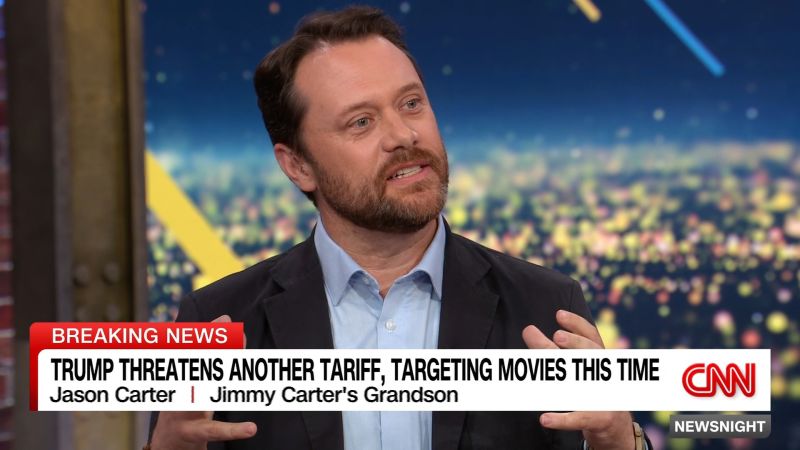Power Grab in the Oval Office: Carter Heir Sounds Alarm on Presidential Overreach

In a powerful critique of congressional oversight, Jason Carter, grandson of former President Jimmy Carter, is challenging lawmakers to step up and fulfill their constitutional responsibility of holding the executive branch accountable. Speaking out with the legacy of his grandfather's commitment to democratic principles, Jason questions the current Congress's apparent reluctance to exercise its critical checks and balances.
The younger Carter argues that the fundamental role of Congress is to provide robust oversight of presidential actions, ensuring that no single branch of government becomes too powerful. His comments reflect growing concerns about the erosion of legislative accountability in contemporary American politics.
Drawing from his family's long history of public service and democratic engagement, Jason Carter emphasizes that meaningful congressional oversight is not a partisan issue, but a crucial mechanism for maintaining the integrity of the United States' democratic system. He calls on representatives from both sides of the political aisle to recommit themselves to their constitutional duties.
His critique serves as a timely reminder that congressional oversight is not just a procedural formality, but a vital safeguard of democratic principles. By challenging lawmakers to be more proactive and transparent, Jason Carter continues his family's tradition of speaking truth to power and advocating for responsible governance.
